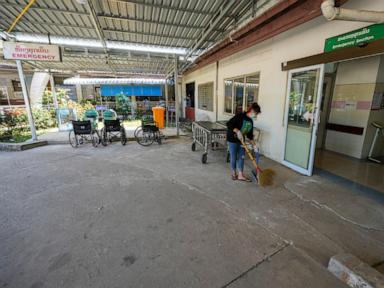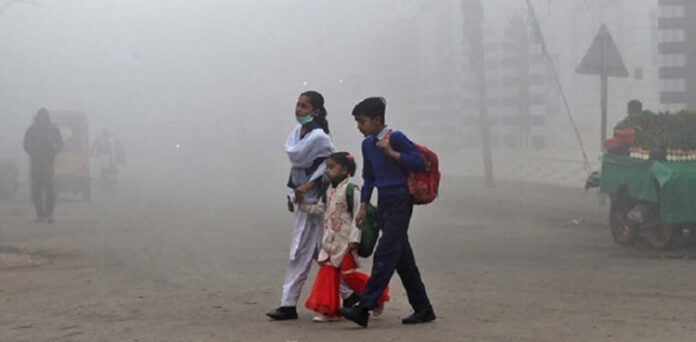
People in the North West are being urged to protect their health as the first cold snap of the winter begins. NHS North West has issued advice to help people stay healthy and avoid injury during the colder months. With snow forecast for parts of the region, NHS England North West medical director, Dr Michael Gregory, has highlighted the importance of taking preventative measures to avoid illness and injury.
Dr Gregory said: "Making sure you stock up on some essentials that can help you and your family to cope with common complaints such as colds, coughs, stomach upsets, flu and earache, will mean that you are better prepared. "If you do need health advice you can visit your community pharmacy or use NHS 111 online at 111.nhs.
uk. "This will mean that A&E and 999 services have more time to deal with serious and life-threatening conditions, such as heart attacks, strokes, breathing problems and serious accidents. "The drop in temperature in winter means more chance of ice, snow and falling leaves.
"These can all increase the risk of a fall, so it’s important to be extra careful when going outside. "Spreading sand or salt on icy surfaces on your driveway, garden paths, and steps can help. "Make sure you are dressed for the cold weather – put on shoes that have a good grip and wear gloves to protect your hands in case you do fall.
" The NHS has also provided some basic winter health advice. This includes using paracetamol for temperatures caused by coughs, colds, and flu, as well as for pain relief for complaints such as earache, stomach ache, sore throats, general aches, and sprains. Anti-diarrhoea and re-hydration mixtures are recommended for adults with an upset stomach.
The NHS also advises getting plenty of rest and drinking lots of fluids. People with prescription medication for asthma, other respiratory conditions, or long-term health conditions are reminded to take them regularly as directed. The NHS has also highlighted the importance of vaccinations in reducing the risk of serious illness from viruses such as respiratory syncytial virus (RSV), flu, and Covid-19, which are more common during the winter months.
Dr Linda Charles-Ozuzu, regional director of commissioning for NHS England – North West, said: "If you are eligible, the best way to protect your children, yourself, and family and friends is to book and get your vaccinations to ensure maximum protection from respiratory syncytial virus (RSV), flu, and Covid-19. "The NHS will work quickly to ensure all those eligible are offered these lifesaving vaccinations during the winter months and you will be invited when it’s your turn, so please come forward to get your protection against respiratory syncytial virus (RSV), flu, and Covid-19 when invited – it will help protect you and those around you." Other advice to help stay healthy this winter includes keeping your home heated to at least 18°C in regularly used rooms, drinking hot drinks regularly if you’re feeling cold, and not sitting still for more than one hour at a time.
Eating and drinking enough is also important, and if you are finding it difficult to prepare and eat three big meals, try smaller ones throughout the day. Drawing your curtains in the evenings can reduce heat loss through windows, and make sure warm air can circulate by keeping radiators and heaters clear. As the winter months draw in, the NHS also advises looking after your mental health as well as your physical health .
For more information about self-care options for common complaints, go to NHS seasonal advice or Age Concern UK..














